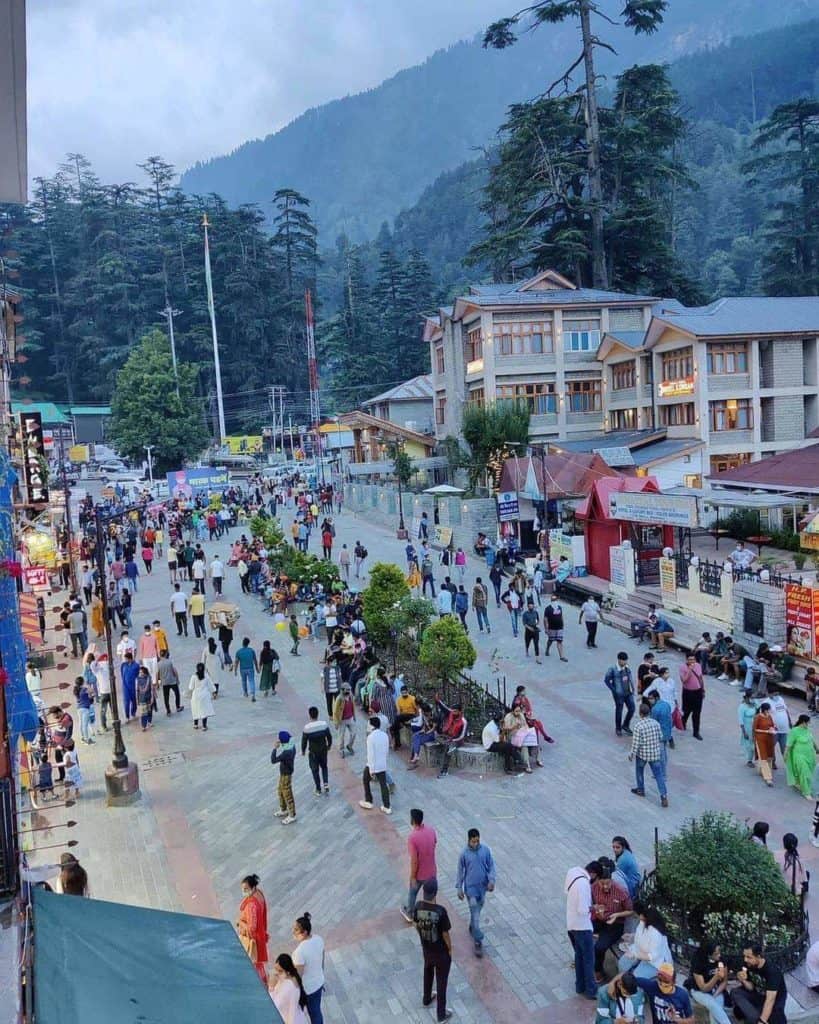60% decline in COVID vaccine supply
As per the Center’s CoWIN portal, there has been a 60% decline in the supply of COVID vaccines in July. Several states have complained about shortage in vaccine availability. From June 21st to 27th, 4 crore vaccine doses were administered countrywide. However, the number dropped to 2.3 crore during July 5-11. As per various estimates, if all Indian adults are to be vaccinated by year-end, 86 lakh doses will need to be administered each day. But in the past week, the number came down to 30 to 40 lakh doses a day. At the same time, the country has started seeing an increase in number of daily cases and deaths.
Source: The Hindu
Union government expresses concern over flouting of COVID-19 norms
Taking note of the blatant violation of COVID-appropriate behaviour norms in public transport, hill stations and other public places, the Union Health Ministry has expressed its concern over the recent spike in infection numbers. Health Secretary Rajesh Bhushan has written to states advising them to be cautious and focus on a recalibrated opening up and ensure enforcement of COVID-19 norms. The letter suggested states focus on the five-fold strategy of Test, Track, Treat, Vaccinate and ensuring COVID Appropriate Behavior. Relentless testing and comprehensive vaccination is the only way states can keep the virus in check, the letter added.
In another development, V K Paul, Member, Health, Niti Aayog has said that the next 100-125 days are extremely critical for India in its fight against COVID. Fall in cases has slowed which is a warning sign for the country, said Paul. He further informed that the government has set a target of administering 50 crore COVID vaccine doses by July end and has ordered 66 crore doses of Covaxin and Covishield.
Source: Hindustan Times | NDTV
Read more: How can India move towards more sustainable waste management in tourist cities?
WhatsApp bans over 20 lakh accounts
According to its monthly compliance report, as mandated under the new IT rules, Facebook-owned WhatsApp has banned more than 20 lakh accounts on the grounds of harmful online behaviour and disturbing the social order. WhatsApp has developed a tool to check accounts that spread fake news or hate messages. The tool checks the veracity of these accounts at three different states of registration, during messaging and response to negative feedback.
Source: NDTV
UP releases draft law on population control
The new Uttar Pradesh Population (Control, Stabilization and Welfare) Bill, 2021 proposes a two-child policy and enumerates a number of penalties for violation of this norm. For one, it debars people having more than two children from contesting local elections, applying for government jobs, or receiving government subsidies. The government has invited feedback on the bill till July 19th.
The bill also cites limited ecological and economic resources and the need to provide basic services such as affordable food, drinking water, sanitation etc. as primary reasons to control population growth. The draft bill provides for establishing maternity centres at all primary health centres. The state government also plans to introduce a compulsory subject on population control in all secondary schools in the state.
Source: The Wire
Long-COVID impacts more than 10 human organs, says a new study
A new global study has revealed that COVID-19 patients who have experienced prolonged effects of the virus have reported more than 200 symptoms affecting 10 organs. The online survey, one of the largest on Long-COVID to date, had over 3700 respondents across 56 countries participating. Fatigue, physical or mental exertion and cognitive dysfunction are some of the common symptoms reported.
Read more: Is COVID leading to an upsurge in diabetes in Chennai?
The researchers have recommended expanding guidelines on assessing Long-COVID beyond currently advised cardiovascular and respiratory tests. The research also focuses on slowing down of spread of the virus through validated public health measures such as social distancing and vaccination.
Source: Hindustan Times
[Compiled by Rishabh Shrivastava]
